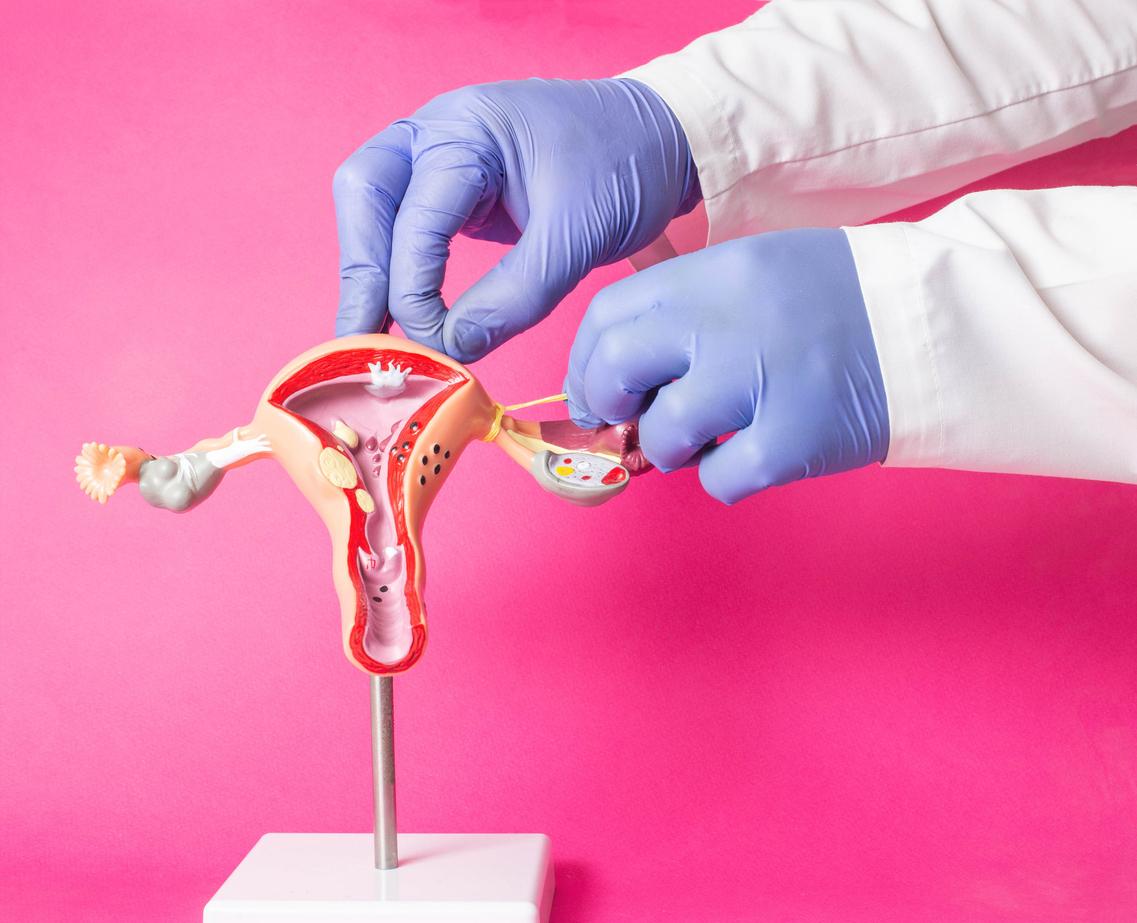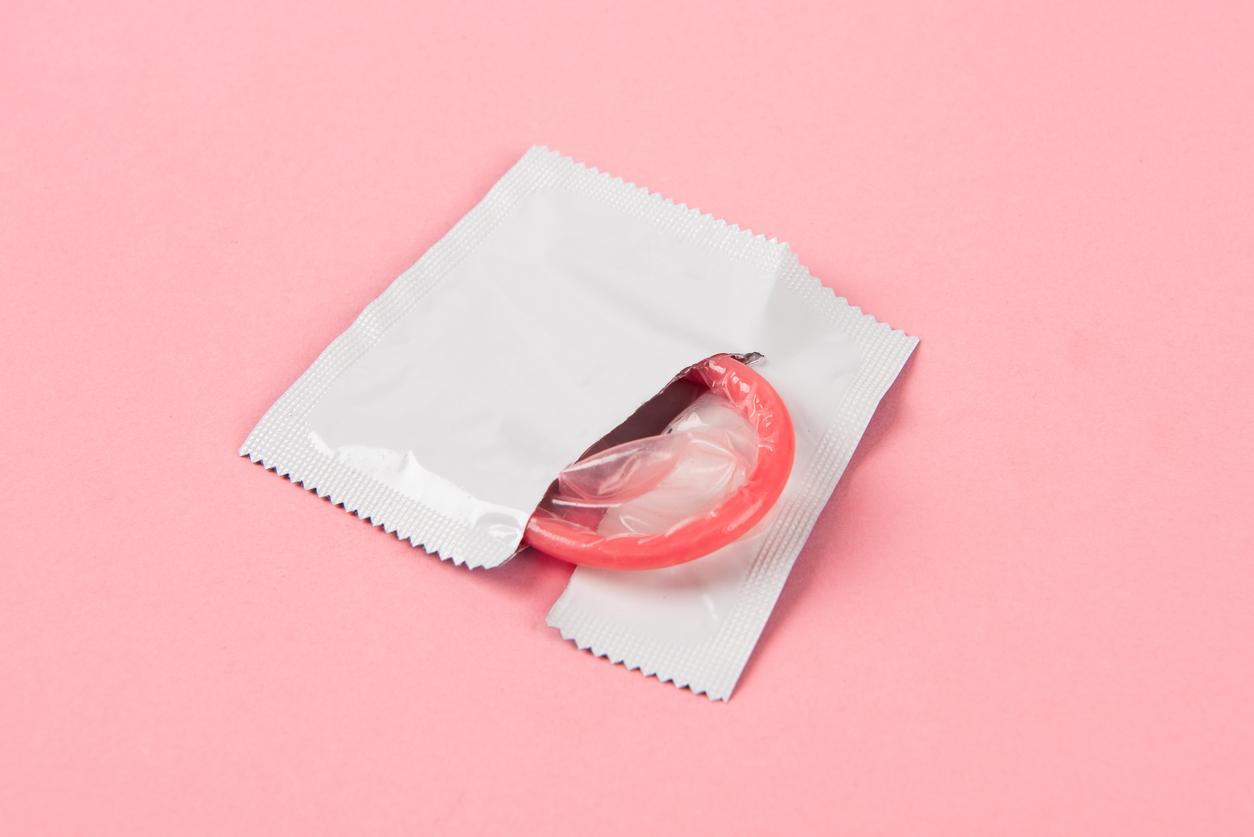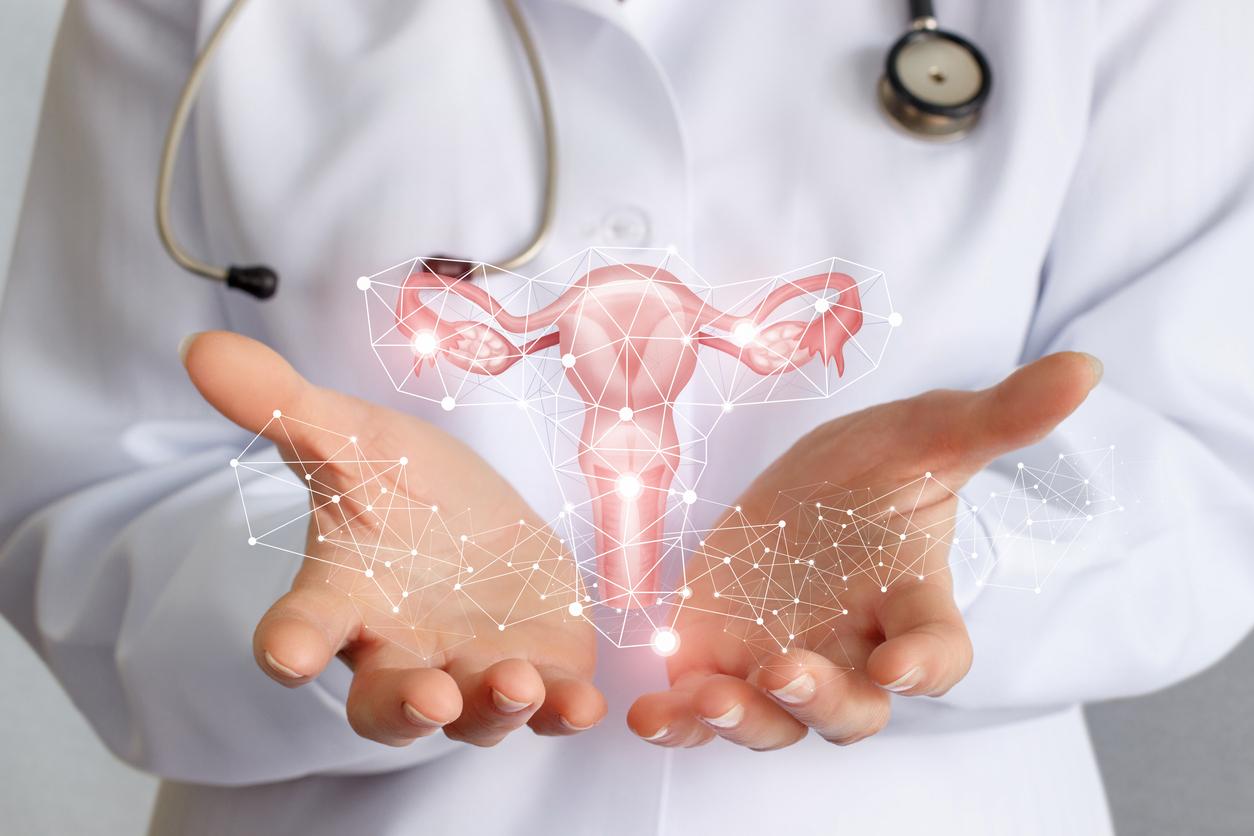The use of oral contraception has fallen by nearly 10% in 3 years, according to the Fecond study carried out by Inserm and INED.

Nearly one in five women say they have changed their contraceptive method since the controversy over the latest generation pills that occurred in late 2012 – early 2013. The use of the pill fell from 50% to 41% between 2010 and 2013, notes the latest. Fécond study (1) by the National Institute for Health and Medical Research (Inserm) and the National Institute for Demographic Studies (INED). It involved nearly 4,500 women and more than 1,500 men. And in the space of 10 years, oral contraception has fallen by 14 points.
Indeed, because of the risk of venous thrombosis, the Ministry of Health decided to no longer reimburse them from April 2013 and the Medicines Agency asked doctors to no longer prescribe them in 1time intention. As a result, while 40% of the pills used in 2010 were new generations, this proportion rose to 25% in 2013.
Caroline Moreau, Inserm researcher and co-author of the Fecond study: “ The 3rd and 4th generation pill crisis has tarnished the image of the pill in general, women have turned to other contraceptive methods such as the IUD “
IUDs and condoms
Women partially deferred to 2 pillsth generation, but above all they have adopted other methods such as the IUD (+1.9 points since 2010), the condom (+3.2 points), but also natural techniques such as dates (intercourse outside periods of fertility ) or withdrawal (+3.4 points). “However, the latter are less effective, hence the risk of unwanted pregnancies appearing,” worries Caroline Moreau, researcher at Inserm and co-author of the study.
Different use according to age and social category
The decline in the use of the pill is particularly marked among women under the age of 30. Among those aged 15 to 19, a 20-point decrease in the use of the latest generation pills was observed. But it was partly offset by an increase in pills of 2th generation (+13 points). On the other hand, women aged 25-29 who have abandoned the latest generation pills in the same proportions have opted for the IUD (+8 points) and condoms.
There are also differences according to social categories. Women without any diploma have turned more to the least effective methods (dates, withdrawal), while those who hold a CAP or a BEP have chosen the condom, and the most qualified (Bac + 4) the IUD.
The reluctance of doctors for the IUD
In women under 20, and in those 20-24 without children, the use of the IUD remains exceptional. This reflects a reluctance of doctors to advise it to these young women. “The idea that the IUD can cause infections and be the cause of infertility persists among health professionals, but it is false, insists Dr. Danielle Hassoun, gynecologist in Paris. All scientific studies show that the IUD is safe and does not affect fertility in any way, even in women who have not yet had children ”. Received ideas that die hard, among doctors, as among women.
Dr Danielle Hassoun, gynecologist in Paris: ” There is a very strong reluctance of professionals vis-à-vis the IUD. However, scientific studies show that the IUD does not cause infection or sterility problems. “
Another lesson from this survey is that there was no disaffection with contraception. Only 3% of women do not use any contraceptive means, the same proportion as in 2010.
(1) The pill crisis in France: towards a new contraceptive model?
Authors: Nathalie Bajos, Mylène Rouzaud-Cornabas, Henri Panjo, Aline Bohet, Caroline Moreau and the team Fruitful.
.















